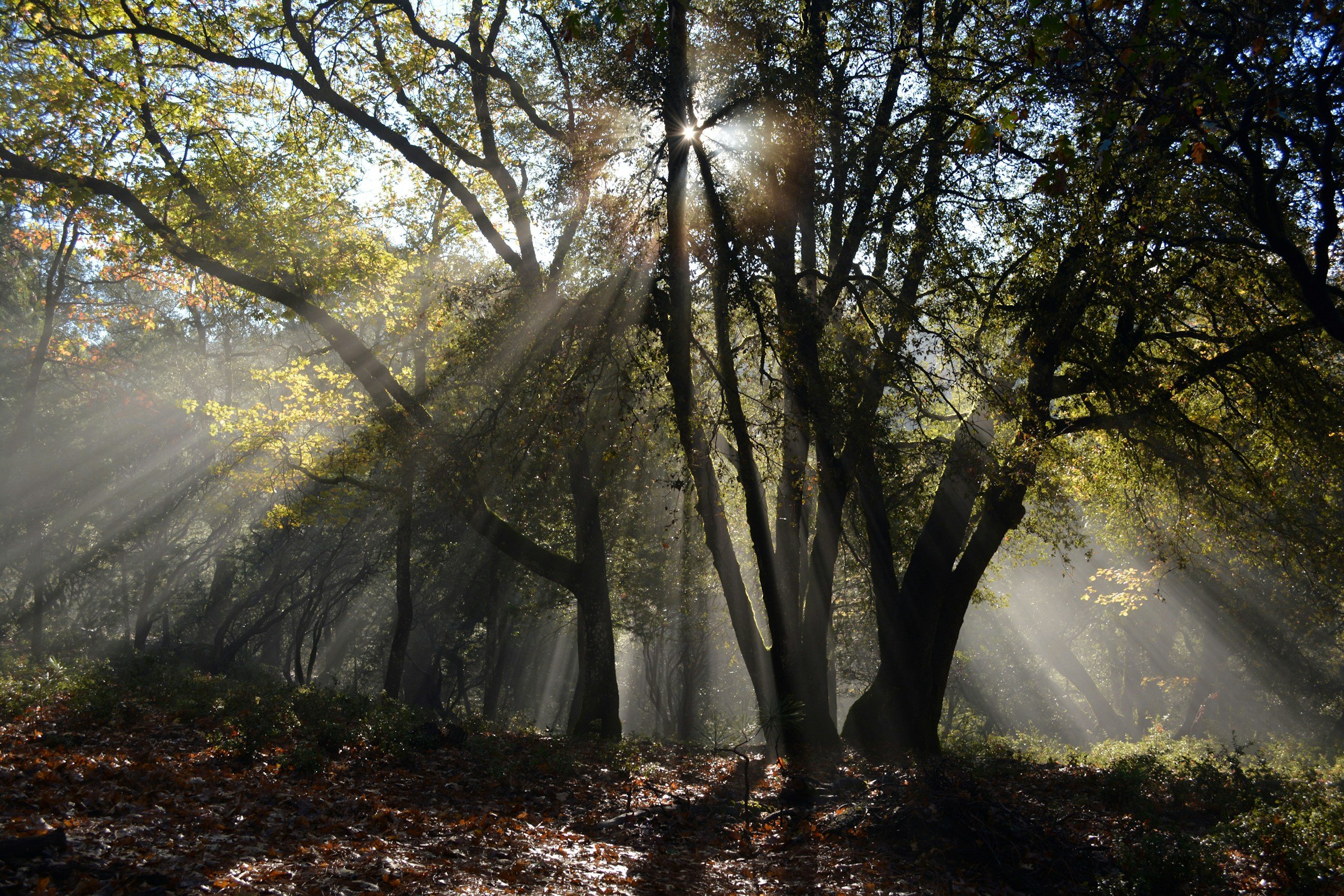
Welcome to the career hub for Arboriculture Australia
Arboriculture means professional tree care and management, which includes working as a tree carer, a fully qualified arborist, advisor or consultant. If you’re passionate about the environment, enjoy working outdoors, and are looking for a hands-on, fulfilling career, becoming a tree carer or arborist might be the perfect fit for you. Tree carers play a vital role in preserving and maintaining the health, safety, and aesthetics of our urban forests and natural landscapes.-
Arborists specialise in the care of trees, shrubs, and woody plants. As an arborist, you will:
Make a Positive Environmental Impact: Arborists are at the forefront of protecting and nurturing trees, which contribute to biodiversity, air quality, and the overall wellbeing of communities.
Work in Diverse Settings: From residential properties and public parks to large-scale commercial developments, arborists are needed in a variety of environments.
Enjoy an Active, Outdoor Lifestyle: If you thrive in outdoor settings and enjoy physical work, being an arborist offers the perfect opportunity to spend your days in nature.
Secure Job Opportunities: With growing awareness of the importance of green spaces, demand for skilled arborists continues to rise across Australia.
Advance in a Specialised Field: Arboriculture offers a range of career pathways, from climbing and ground work to consulting, management, and scientific research.
-
Tree carers are responsible for the health and safety of individual trees and large-scale landscapes. Their work includes:
Tree Pruning and Maintenance: Ensuring trees remain healthy, safe, and aesthetically pleasing.
Tree Removal: Safely removing dead or hazardous trees.
Planting and Transplanting: Choosing the right species for the right location and helping to establish them.
Diagnosis and Treatment: Identifying diseases, pests, and other issues affecting trees, and recommending solutions.
Consulting and Risk Assessment: Advising landowners and local authorities on the best ways to manage tree populations and mitigate risks.
-
Arborists are highly skilled professionals who require:
Technical Expertise: Knowledge of tree biology, soil science, pest and disease management, and the use of specialised equipment.
Physical Fitness: Arborists often climb trees, operate heavy machinery, and work at heights, making physical strength and endurance important for outdoor work.
Problem-Solving Skills: Diagnosing tree health issues and determining the best treatment options requires critical thinking and practical problem-solving.
Commitment to Safety: Arboriculture involves the use of specialised equipment such as chainsaws, ropes, and harnesses. Following strict safety protocols is crucial.
-
Complete Relevant Training: Arborists typically complete a Certificate III in Arboriculture (AHC30824) or other recognised training courses offered by Registered Training Organisations (RTOs). There are apprenticeship/traineeship options available, meaning that you can get paid while you study and you will receive your trade certificate on completion. Some arborists also pursue higher qualifications, such as a Diploma in Arboriculture.
Gain Hands-On Experience: Practical experience is essential. Many arborists start as ground crew or apprentices, working alongside experienced professionals to develop their skills.
Obtain Industry Accreditation: Arboriculture Australia offers professional accreditation programs that recognise and certify your expertise, providing assurance to clients and employers about your qualifications and experience.
Stay Updated with Industry Developments: Arboriculture is a dynamic field with continuous advancements in technology, safety, and environmental practices. Becoming a member of Arb Australia as well as your own state arboriculture association is the best way of staying informed.
-
A career in arboriculture can take many forms. Depending on your interests and qualifications, you may choose to focus on:
Climbing Arborist: Specialising in working at height to prune and care for trees.
Consulting Arborist: Offering expert advice on tree health, risk assessments, and urban tree management.
Urban Forest Manager in Local Government: Working in local government to manage public trees and green spaces.
Arboriculture Business Owner: Running your own tree care company and managing commercial or residential clients.
Teacher/trainer: Passing on your skills and knowledge to the next generation of tree workers through teaching and training.
Urban Forester: Specialist focusing on the management of trees in urban settings. Diversity in this role can help address unique environmental and social challenges in different neighborhoods.
Research Scientist and Ecologist: These professionals conduct studies on tree species, ecosystems, and biodiversity. A diverse scientific community can lead to a broader scope of research and improved outcomes in ecological preservation.
Environmental Educator and Advocate: Professionals who educate the public on the importance of trees and green spaces. Representation from different backgrounds can enhance outreach efforts and increase community engagement.
-
Qualified arborists are in high demand across Australia. The likelihood of getting a job as an arborist after completing your education is high, as long as you are willing to work hard.
Average salary for an arborist is $65,000 to $85,000 per year, and will increase with experience.
Everything you need to know to get started
See for yourself
Check out these videos that show many different ways you can work as an arborist
Arborists overseas
See some of the arboricultural pathways offered the UK and the US
Choose the right training
Find all Registered Training Organisations (RTOs) where you can complete the Certificate III in Arboriculture here



